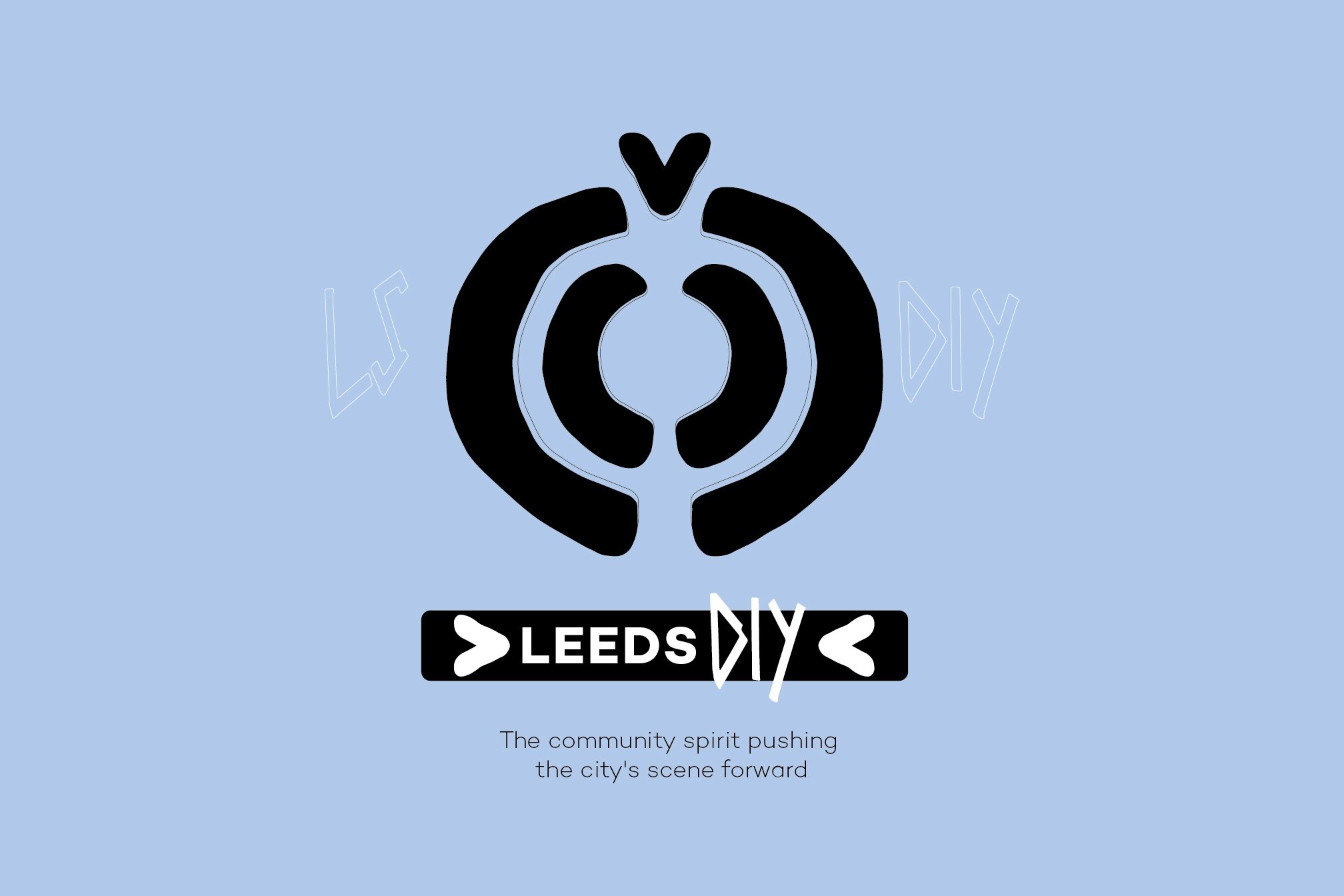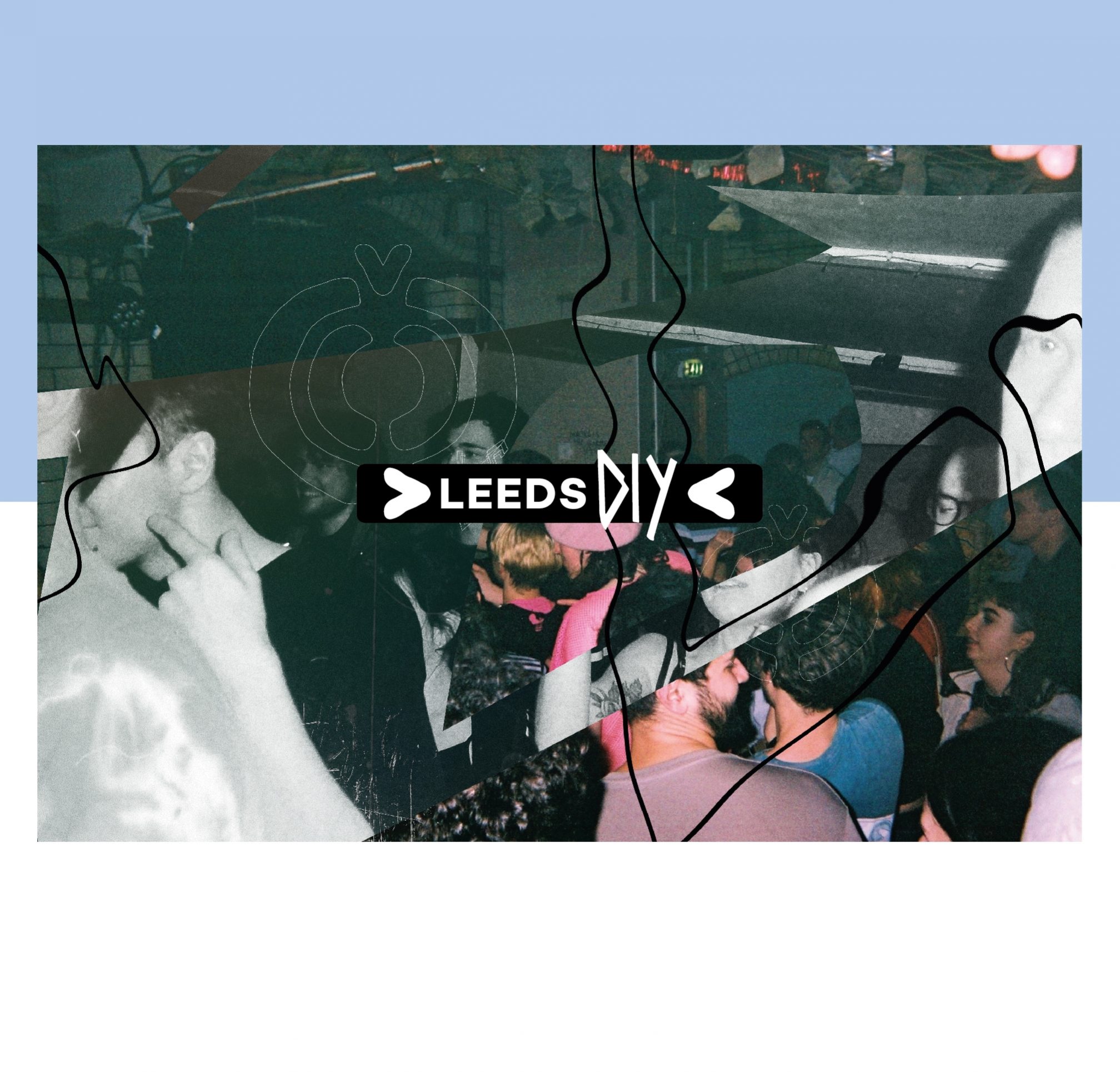 Scene reports
Scene reports
Community spirit: How DIY culture is transforming Leeds' music scene
A number of Leeds' established music spots are under threat - but a new generation of parties is thriving
The Leeds music scene had an uncertain start to 2019 with the looming closure of two of its most established clubs. Mint Club went down fighting with star-studded closing parties; Canal Mills is hanging in there, delaying its fate until June. Both are victim to property developers, who represent a very real threat to Leeds’ music venues (and wider community programmes like the MAP charity). Then in March, more upheaval followed as the stalwart Back To Basics crew announced the closure of the grand Church venue with little explanation. But the shutting down of these Leeds haunts doesn’t seem to faze the young community of DJs, musicians and promoters sprawled across the Yorkshire hub. Saying goodbye to Church, Canal Mills and Mint Club is only bringing significance to another kind of party: one that starts from the bottom, and finds its way into the nooks and crannies of Leeds.
DIY culture has taken root in Leeds and seen a rise in alternative party and live music options. At the heart of the movement is a string of promoters and venues whose values sit at the opposite end of the spectrum to the gentrifying developers. Rather than sterilise the city in the hunt for financial profit, the DIY scene seeks to enrich the community through cultural stimulation.
As you step into Wharf Chambers on a certain Saturday night, nestled just off Kirkgate in the heart of the city, you may think this somewhat grungy space is having an identity crisis. Once a month, the venue transforms from the dingy site of DIY punk and rock gigs to another planet – a world of drag queens and pumping techno. This is Love Muscle.
The party kicks off at midnight with the air abuzz with possibility, as DJs nestled into the corner gradually ease into the night. With selections varying from rare disco cuts to intensely dark techno, Love Muscle lives up to its claim of ‘A Pumping Gay Dance Party’ without a fault. The crowd is filled with everyone from younger members of the LGBTQ+ community, dressed to the nines, to the scruffier remains of the audience from that night’s gig. Somehow, it works harmoniously.
About six years ago, Wharf Chambers was borne from another venue, The Common Place. This forerunner was completely volunteer-run and had more overtly left-wing political aims, focusing on activism and anti-capitalist politics more so than the music and cultural events Wharf Chambers is best known for now. What is now a bar was once a social centre that served as a meeting place for many of Leeds’ activist groups, holding free English lessons for refugees and asylum seekers, as well as providing a resource centre for its members. When that venue had run its course, some of its members took on the responsibility of the building and would work during the week to renovate the space, paying themselves £1 an hour while mostly living off benefits. At weekends, the collective would throw gigs and parties to help raise funds to carry on improving the space, growing it to its current form.
Wharf Chambers is a cooperative club, where all the money made from the bar and hire fees goes back into the general running and upkeep of the venue, and there’s no one person in charge. Instead, a club collective made up of elected members develops the club’s policies and looks at the bigger picture, while a team of staff takes on the day-to-day business. Anyone who comes to the bar pays £1 a year to be a member, which then means they can have input on how Wharf Chambers moves forward at its regular meetings.
I met Andrew Raine, a founding member of Wharf Chambers (as well as working as a landscaper) after a long day resurfacing the car park out the back. “We’d just do loads of work, and then get a temporary event notice, tidy everything up, make a really rudimentary bar, and have a weekend with like two events on, maybe a club night, a gig, whatever. And then we’d make a couple of grand, and we’d be like, ‘Right, we’ve got some more money, let’s start work again.’ And then, a month later, do it all again.”
Giving opportunities to people to put on their own events, from queer-focused parties to weird and wonderful ideas is the focus of the Wharf Chambers. The venue prides itself on creating a comfortable atmosphere for its members, fighting against licenses that require bouncers - they’ve proved to the police that they’re not needed, considering they’ve never had to come to Wharf. “Clubs with loads of bouncers everywhere… it’s just kind of no fun,” Andrew muses.

More parties have been borne out of Wharf Chambers’ accessibility, including Stretchy Dance Supply, one of many parties to have come from members of the city’s massive student population. Stretchy is a night revolving around UK bass, footwork and jungle, that is not complete without strange mirages of limber bodies in fitness videos projected across the walls. On a night I attend, the atmosphere in the enclosed space is a vigorous sea of bouncing, and the party continues on well past closing time despite the main lights switching on and off every ten minutes like an ungraceful hint. “We all wanted not to take ourselves too seriously. We didn’t want people getting stressed about everyone around them trying to be cool,” says Charlie Tilley aka Dubrunner, one of the minds behind Stretchy.
This mindset was carried through to how the foursome – Charlie Tilley, Charlie Baker, Ross Murray and Freddie Ricketts – organise their events, prioritising the people rather than overindulging in the more flashy aspects of a night out. Wharf Chambers’ focus on the issues of sexism, racism and homophobia that often get pushed to the background in mainstream club culture made it the perfect setting.
“Canal Mills and Mint Club, like with any nightclub, are venues in which people have had huge creative epiphanies, fallen in love, made a friend for life, or just simply had a good boogie to shake off the week. We mourn their loss as we would when any space shuts its doors, but have to remember that Leeds’ nightlife is burgeoning. Every year, new warehouses are being discovered and made party-able so the future is bright,” says Charlie Baker aka Breaka.
Beyond Wharf Chambers, the concrete block that homes Chunk follows a similar system, pulling together around a collective need for bands across the city to find an affordable practice space. “Chunk came about pretty much by accident,” says long-time member and co-founder Steve Myles. “Rehearsal spots are dead expensive and storage is always an extra cost. Seeing as everyone was aiming to jam more than once a week, all the ferrying about with gear was getting daft.” A joint solution made sense.
Chunk has found its home in a few different spots but now runs a little further out of the city centre, housing band rehearsals, gigs and parties. Clanging punk is most often rattling off the building’s brick walls, but it is also home to parties deep-seated in dance music just off the beaten track. Slut Drop is a collective that is just one of Leeds’ responses to the gender imbalances we see in today’s music scene, regularly putting on parties with its all-female set of residents who reverberate bass-loaded tones in the intimate space.
“We were listening to experimental labels like Tri-Angle Records and travelling to Manchester and London to see artists like Evian Christ and Hudson Mohawke. I had been DJing in my bedroom and at parties for a few years. We suddenly realised we could just start our own night and put on the music that we were so badly craving whilst also showcasing some amazing female talent in the process,” says Cat Snell aka TACAT, founding member of Slut Drop.
The opportunity for collaboration with the venue as well as an open-mindedness to experimentation from new parties meant that Slut Drop quickly found its home at Chunk. The heavier sounds that Slut Drop champion are incessantly linked to masculinity, but for five years they have been carving out a space where women take the lead both through their diverse residency and open decks nights. At Slut Drop, a mish-mash of genres rebound through Chunk’s small yet versatile events space, with experimental graphics reflecting across painted brick walls and the crowd pumping under the low ceiling.
“We came down to one of their meetings and it was a match made in heaven. I’ll never forget the first event we did at the old Chunk space - it was such a truly magical collaboration and team effort from Chunk and us,” Cat says.

These venues object to the elitism upheld by Leeds’ more established clubs, where it can be significantly more difficult for promoters who are just starting out to find their place, but they are faced with challenges that can be entirely unique to co-operative spaces. It’s relatively well-known among the 5000 members of Wharf Chambers that they’re running on a budget that sometimes has to be stretched. While trying to assure their independence from brand sponsorships, some people have mused that it is sometimes a struggle to keep running smoothly without outside help. Despite this, DIY culture remains integral to the attitudes of everyone involved, due to intrinsic drives such as a dedication to building a safer space for those who feel they have few options. Such values seem to be a reflection of many DIY spaces.
“I’ve been involved in DIY music for 25 years. To me, it’s the only important music culture - aside from 90s r’n’b which I’m a big fan of - because it’s not focused on money," says Andrew. "I'm an anti-capitalist through and through – I don’t think that being motivated by making money produces good art or good music."
The socially-conscious beginnings of Wharf Chambers have fed into the discourse surrounding the venue today, where the emphasis put on their accountability is much more pertinent than the average club or music venue. Issues brought to them by their members, for example, increasing diversity in the running of the club, are discussed in meetings and action plans are put together with the intent of maintaining a space that meets many of the members’ needs. This is never perfect - applying accountability to a co-operative can be difficult to trace and even harder to follow up on, meaning that although the club may have anti-prejudicial intentions, this is sometimes difficult to put into effect immediately. It is a constant, ongoing conversation that relies on co-operation and open discussion, and this idea is constantly being built upon in an effort to improve how the club responds to its members. Without places like Wharf Chambers and Chunk, it’s hard to imagine so many of Leeds’ ground-breaking, creative parties existing. Love Muscle’s diverse and accepting community may not have been so successful from the outset had it not been born in a space that felt open and accessible for the LGBTQ+ community.
Chunk’s co-founder Steve also finds real value in the co-operation that makes the venue work: “Like with most things there's good points and bad points. With so many folks, meeting an agreement can be kind of difficult especially when people are as busy as they are. On the positive side though it's nice having something in common with so many people, everyone being exposed to each other’s tastes and social circles has meant that the bands coming out of the spot are fairly varied. Personally, the benefits of having such a big group far outweigh the negatives.”
“What makes DIY venues better is the active participation of the people using it,” says Lucy Locket, resident at Love Muscle and Equaliser. She’s a long-time inhabitant of Leeds since falling in love with the city as a student and soon becoming a resident of SpeedQueen, a night that became well-established in the city in the 90s and early 00s.
For those attending DIY events, Lucy places emphasis on the importance of being aware of your role in the space: “Think about how you show up in that venue and what privileges you bring; read the safer spaces policy if there is one; understand the principles and community the venue adheres and belongs to. Where do you fit in that? Are you only showing up for the cool points and cheap beer? How might you give as well as take?” Lucy says.
‘Give and take’ is a principle that’s often overlooked, especially when people come into these spaces without fully understanding the importance of their own contribution. Chunk and Wharf Chambers are places that are built on a delicate balance of collaboration between the club’s committee and its members, relying on a mutual understanding of what that space means to everyone involved. Beyond the reputable clubs that first come to mind, DIY venues have become the hidden yet essential mechanisms in Leeds’ growing music scene that keep pushing the city forward to a better place.
Isobel Moloney is a freelance writer, follow her on Twitter
Read this next!
Leeds' Cosmic Slop is a club night with a mission
10 UK club nights that support good causes
Manchester cooperative Partisan is ushering in a new era of socially conscious clubbing
Tribe Records unites international influence and Leeds' community values



